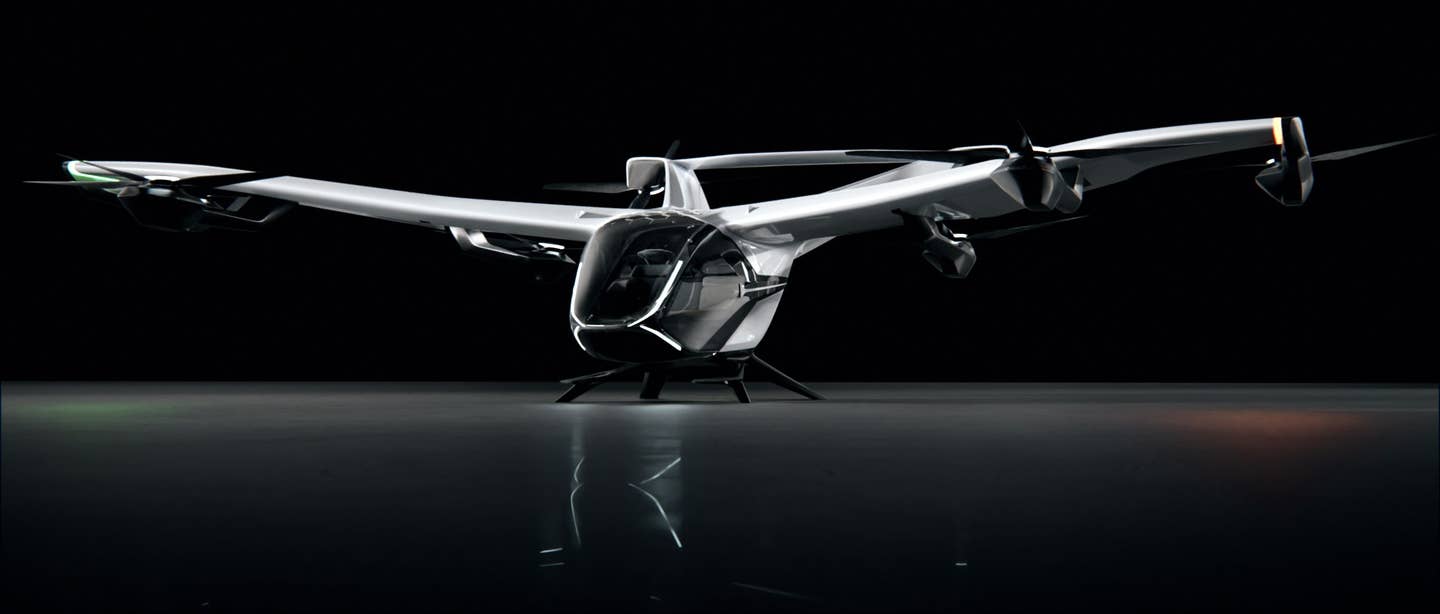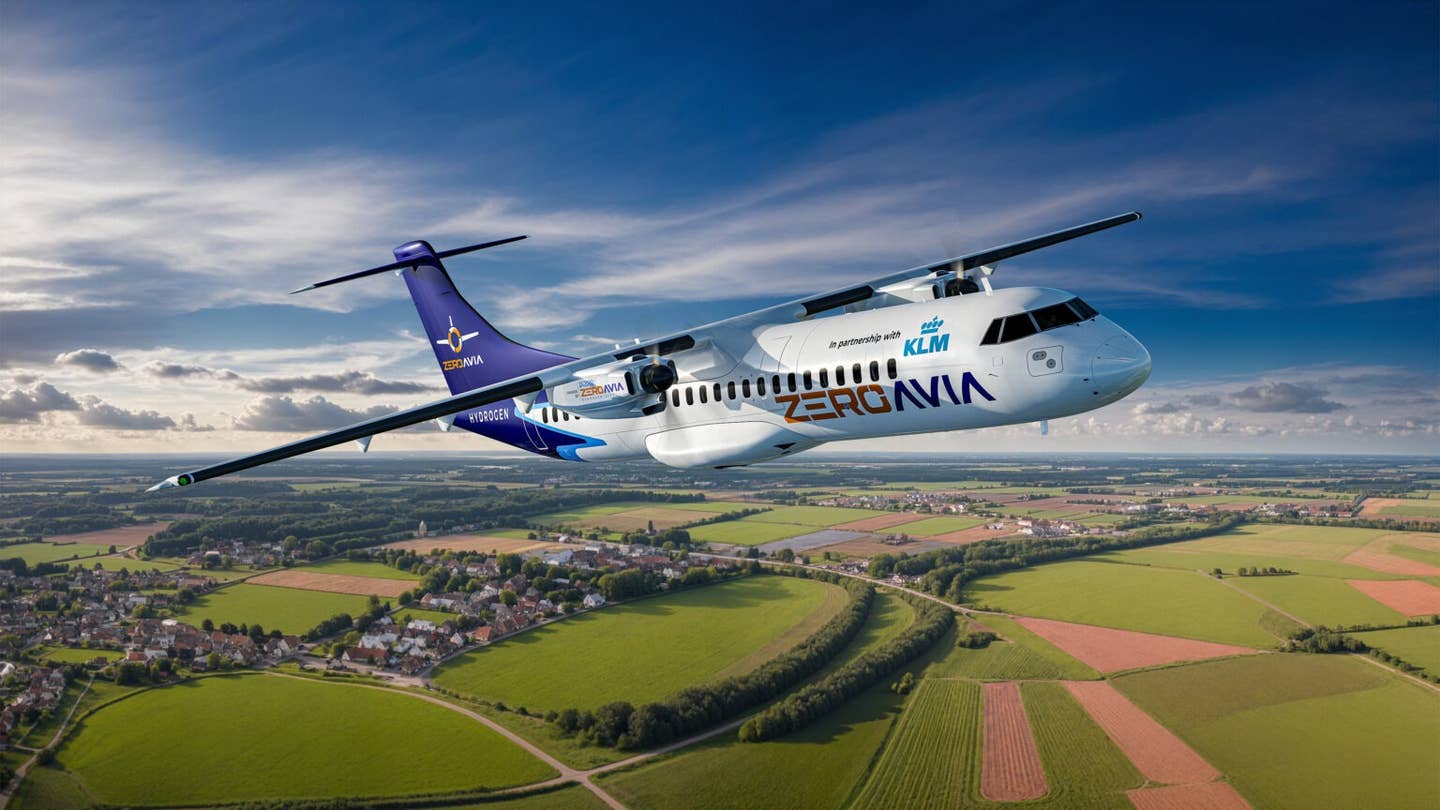
Airbus has unveiled the latest generation of its CityAirbus electric air taxi, NextGen.
The announcement came Tuesday during the company’s #AirbusSummit on “Pioneering Sustainable Aerospace” held in Toulouse, France.
The new remotely piloted aircraft is equipped with fixed wings, a V-shaped tail, and eight electrically powered ducted propellers as part of its distributed propulsion system. It is designed to carry up to four passengers in a zero-emissions flight in multiple applications.
“We are on a quest to co-create an entirely new market that sustainably integrates urban air mobility into the cities while addressing environmental and social concerns,” Bruno Even, Airbus Helicopters CEO, said in a statement. “Airbus is convinced that the real challenges are as much about urban integration, public acceptance, and automated air traffic management, as about vehicle technology and business models. We build on all of the capabilities to deliver a safe, sustainable, and fully integrated service to society.”
The company says NextGen is being developed to fly with a 80 km (50 mile) range up to a cruise speed of 120 km/h (75 mph), making it well-suited for operations in major cities for a variety of missions.
Acknowledging that sound levels are a key factor for an urban mission, Airbus says NextGen is being designed to have sound levels below 65 dB(A) during fly-over and below 70 dB(A) during landing. It is optimized for hover and cruise efficiency, while not requiring moving surfaces or tilting parts during transition.
CityAirbus is one of two eVTOL aircraft currently under development at Airbus.
The first-generation CityAirbus made its first unmanned flight in 2019.
Project Vahana launched in 2016 and features a self-piloted, all-electric, single-seat, tilt-wing demonstrator. It completed its first successful flight in 2018 in Oregon.
The Vahana and CityAirbus demonstrators have jointly conducted 242 flight and ground tests and have flown around 1,000 km (621 miles) in total. Furthermore, Airbus has used extensive subscale flight testing and wind tunnel campaigns and has leveraged its computing and modelling power.
NextGen is in a detailed design phase and the prototype’s first flight is planned for 2023.
“We have learned a lot from the test campaigns with our two demonstrators,” Even said. “The CityAirbus NextGen combines the best from both worlds with the new architecture striking the right balance between hover and forward flight. The prototype is paving the way for certification expected around 2025.”
The company says as part of its eVTOL effort, it’s working with “partners, cities, and city inhabitants in order to create the ecosystem that is essential to enabling this new operating environment to emerge in a true service to society.”
Airbus is just one of many companies racing to develop and certify electric powered hovering air taxis aimed at improving the environment and easing urban traffic congestion on the ground. In addition to Airbus, major players include:
- Embraer
- Hyundai
- Joby
- Archer Aviation
- Lilium
- Volocopter

Subscribe to Our Newsletter
Get the latest FLYING stories delivered directly to your inbox






